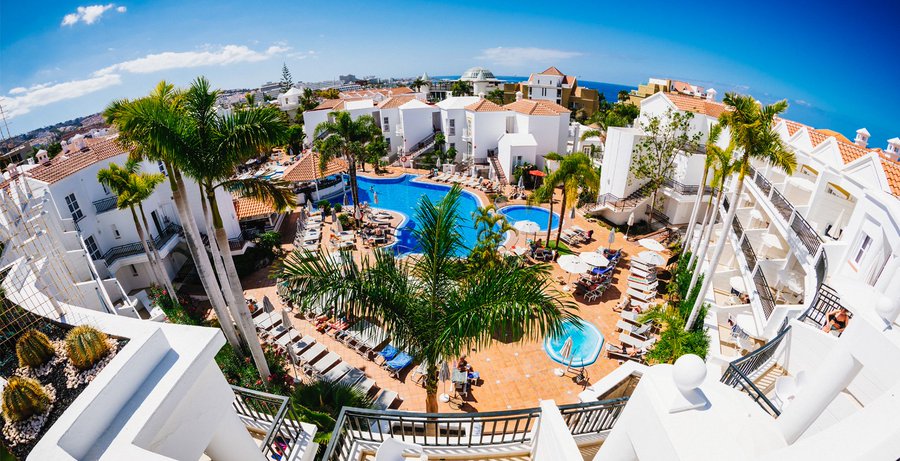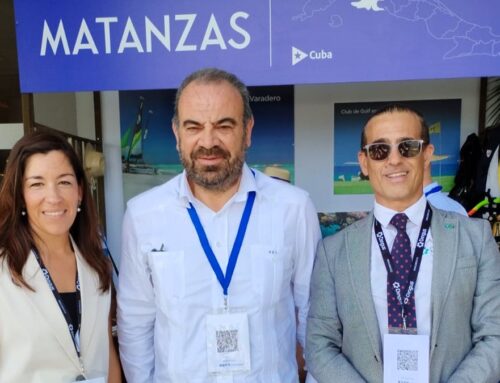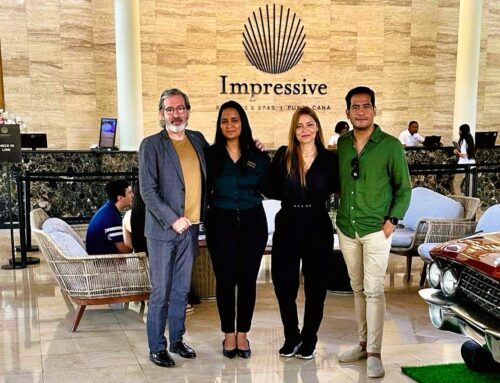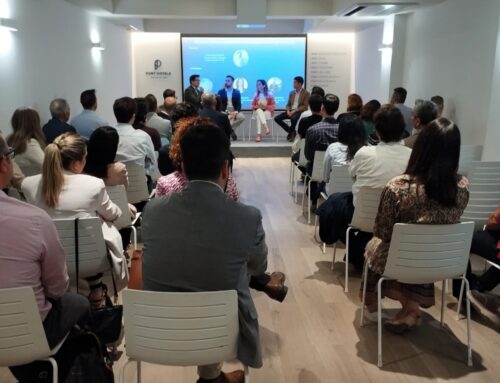As a partner and supplier, one of Dingus’ commitments is to link the needs of the hotel business with those of the sales channels… and not only in the technological field. The bridge between both parts and that in practice is materialized in the active connectivities, is also tended in the offices or virtual meetings that this complicated summer have been more intense than ever. This is what has happened with Booking.com and other major players in tourism distribution, and with whom we have seen a clear common interest: to revive demand.
Sales channels in general are being especially active in recommending to hoteliers. They focus on strictly sanitary aspects, such as updating the new hygiene policies implemented by the hotel, but also on the opportunity to review the general content with which the platforms sell accommodation, the quality of the photos, etc. In short, to transmit security and to take advantage of it to polish the image and the brand.
As far as purely commercial measures are concerned, the catalog of suggestions includes the maximum possible flexibility in cancellation policies and the updating of new conditions in the sales channels themselves. Also the loading of prices and quotas in the long term and the offers ‘early booking’. The proposal that seems to be gaining more relevance is the implementation of the chekin oline to avoid queues in the reception area.
In the specific case of Booking, com, of which we are a Premier Partner since the beginning of this year, it has a specific kit of preventive measures on the occasion of the Covid-19 that suggests to the hotels, among other things, to make all the rates more flexible to help attract future demand. The company believes that “in these times of uncertainty, customers are looking for those flexible booking options. So we are recommending that hoteliers add a flexible rate with a free cancellation period between 0 and 6 days before entry”.
We believe that all these dynamics of joint work between the parties involved in the supply and demand of tourism will continue over time and perhaps be consolidated as one more line of collaboration. It is not that there was not one before, only that now it becomes more necessary and attractive than ever. And Dingus is going to be aware of what both need to adapt, also, to the new technological scenarios of the tourist activity.











